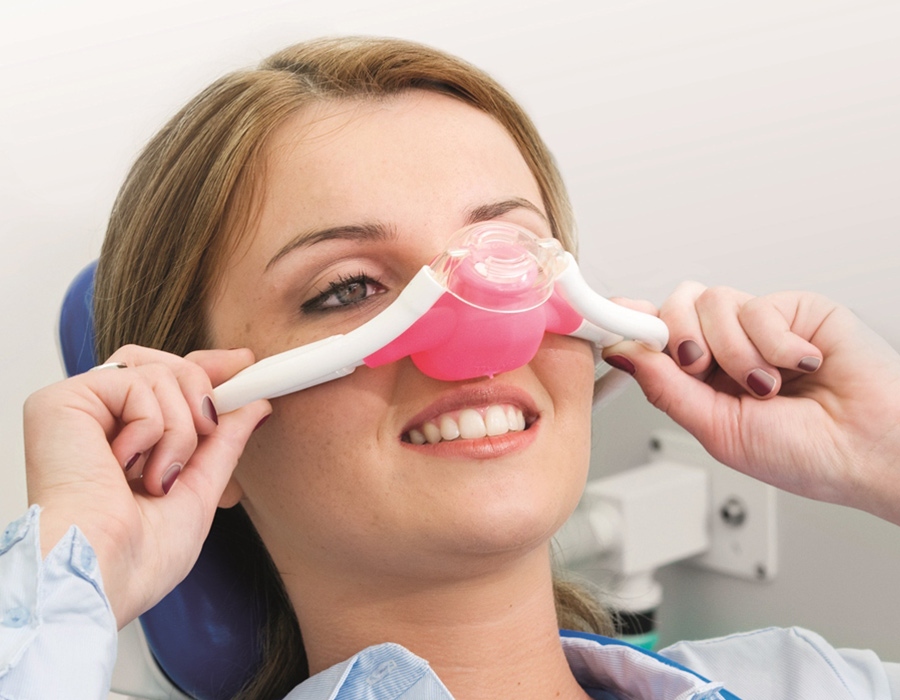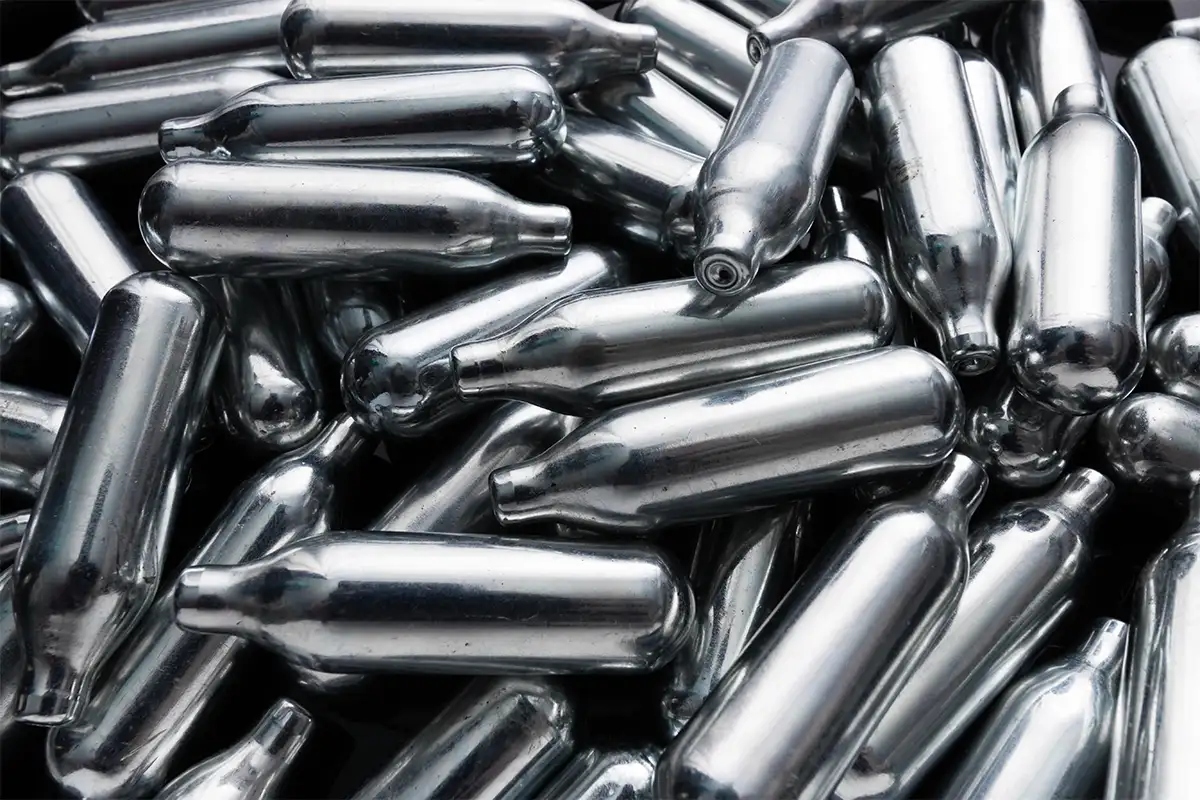Comments
- No comments found

The UK government has reclassified nitrous oxide, commonly known as NOS or laughing gas, as a class C drug.
Britain is making the possession of nitrous oxide illegal and subject to penalties, including up to two years in prison. The move is aimed at addressing anti-social behavior and protecting users' health. Nitrous oxide, a substance that induces euphoria but can harm the nervous system, is a widely used recreational drug among individuals aged 16 to 24. The government's decision to criminalize it follows experts' warnings that a ban might be disproportionate to the harm it causes.

Under the reclassification, individuals found unlawfully possessing nitrous oxide may now face prison sentences or unlimited fines. Those involved in the supply or production of the substance could be subject to penalties of up to 14 years.
Earlier this year, the Advisory Council on The Misuse of Drugs reviewed the risks associated with nitrous oxide and did not recommend a ban, expressing concerns about potential unintended consequences. The government, however, opted to take a broader view, considering other relevant factors. It cited the abuse of the drug in public spaces, leading to the accumulation of discarded canisters and several fatalities related to drug driving incidents as reasons for the reclassification.
Nitrous oxide use is prevalent across the UK, with Birmingham reporting one of the highest hospital admission rates for injuries caused by the substance. A recent BBC Three documentary uncovered a concerning trend in the city where users have transitioned from small silver capsules to larger catering-sized canisters. In some cases, these canisters are being sold surreptitiously in corner shops. The documentary also revealed instances of individuals inhaling nitrous oxide in moving cars to avoid detection.
Community workers and individuals within affected communities expressed concerns about the drug's impact. For some, nitrous oxide represents a hidden and untraceable form of intoxication that can lead to addiction. Those struggling with addiction describe a cycle of inhaling the gas excessively, leading to disorientation, fatigue, and loss of independence.
Nitrous oxide abuse can lead to severe physical and neurological effects. Common symptoms of low-level use include severe headaches, dizziness, an inability to think clearly, and short-lived but intense feelings of paranoia. Intensive and frequent use can result in vitamin B12 deficiency, leading to neurological damage. When nitrous oxide depletes the body of vitamin B12, it damages the insulation around the spinal cord, affecting the transmission of electrical signals from the brain to the nerves.

Crime and Policing Minister Chris Philp stated that nitrous oxide abuse poses significant health risks.
The government's decision to criminalize possession and supply of the substance is intended to send a clear message, emphasizing the consequences of drug misuse, both for users and dealers.
The UK's reclassification of nitrous oxide and its criminalization reflect concerns about public health and safety. While experts had reservations about the move, the government has taken steps to combat the misuse of the drug, citing issues related to litter, public abuse, and drug driving incidents.
The decision underscores the broader debate on substance abuse, its consequences, and the measures needed to address these challenges effectively.
Leave your comments
Post comment as a guest